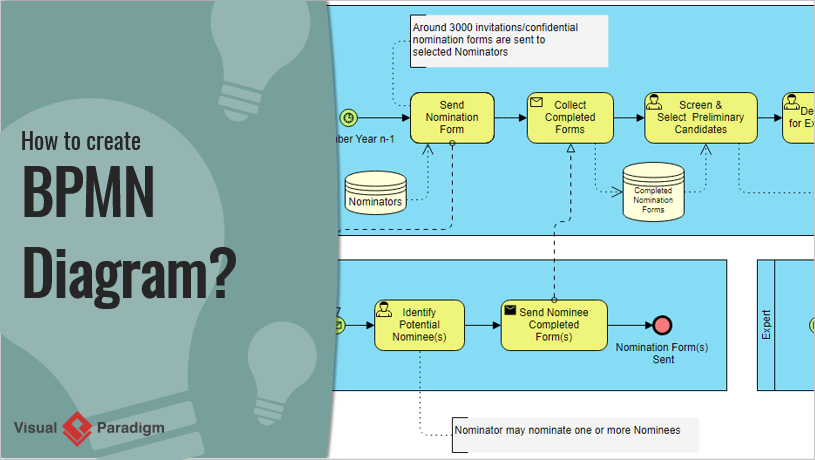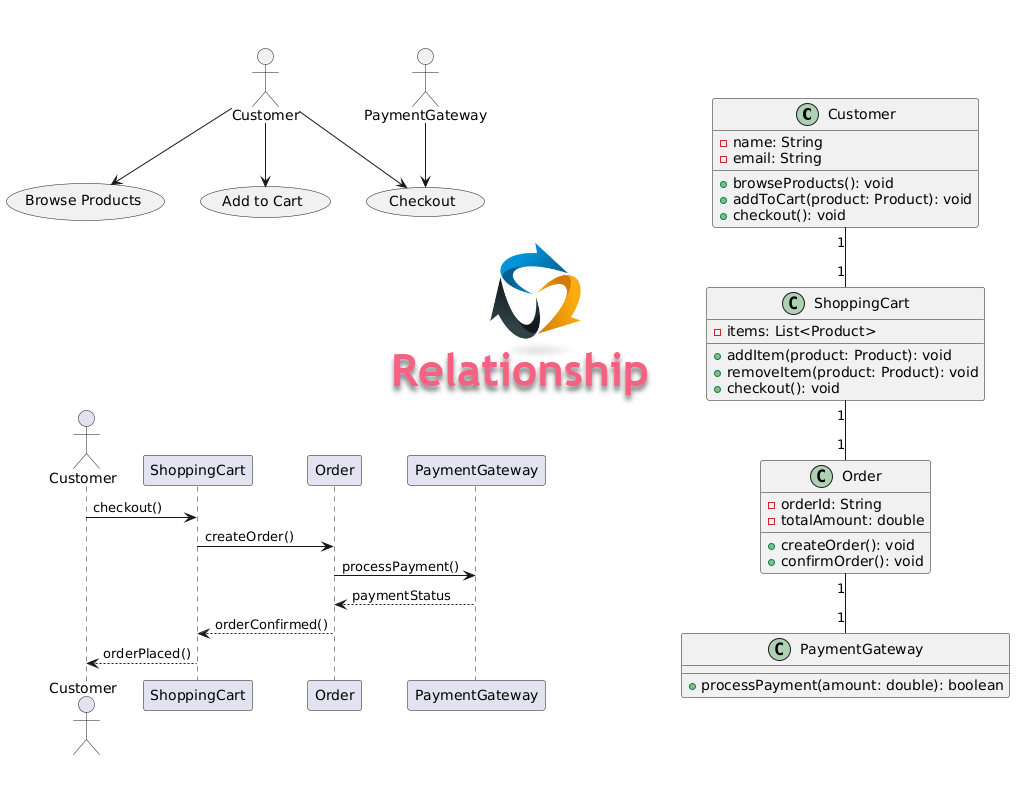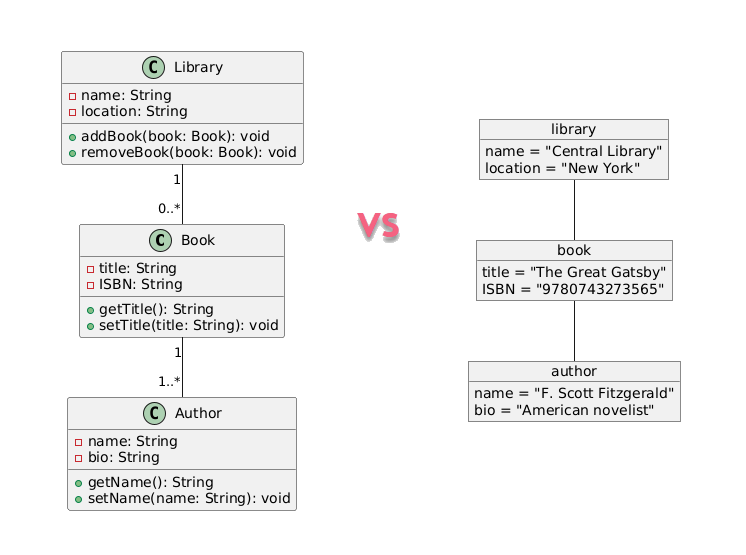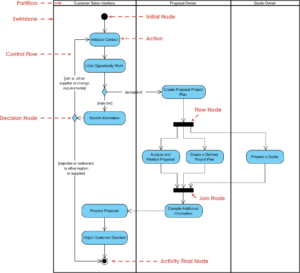Author: curtis
Comprehensive Guide to UML Sequence Diagrams
Introduction
The UML Sequence Diagram is a crucial tool in Unified Modeling Language (UML) that illustrates the objects involved in a particular scenario and the sequence of messages exchanged between these objects to carry out specific functionalities. It emphasizes the …
Comprehensive Guide to UML Activity Diagrams
Introduction
The UML Activity Diagram is a powerful tool in Unified Modeling Language (UML) that visually represents the flow of control within a system or a specific use case. It focuses on depicting the sequential and parallel activities involved in
Comprehensive Guide to UML Use Case Diagrams
Introduction
UML (Unified Modeling Language) use case diagrams are essential tools in software engineering for capturing and visualizing the functional requirements of a system. They help stakeholders understand the interactions between users (actors) and the system, ensuring that the system …
Mastering Class Diagrams: A Comprehensive Guide to UML Modeling with Visual Paradigm

In today’s digital era, automated banking systems such as ATMs serve as a cornerstone for customer self-service and efficiency in financial transactions. Designing and modeling these systems can be a complex task, given the range of functionalities — from cash …
Comprehensive Guide to Business Process Model and Notation (BPMN)

Comprehensive Guide to Business Process Model and Notation (BPMN)
Introduction
Business Process Model and Notation (BPMN) is a standardized graphical representation used to design and document business processes. It provides a visual language that is easily understood by both technical …
Comprehensive Guide to Case Management Model and Notation (CMMN) in BPMN

Introduction to CMMN and Its Role in BPMN
Case Management Model and Notation (CMMN) is a declarative modeling language designed for unpredictable, knowledge-intensive processes where activities are dynamically adapted based on evolving circumstances. Unlike BPMN (Business Process Model and Notation), …
Comprehensive Guide to BPMN and UML Integration for Enhanced Business Process and System Modeling

Introduction
Business Process Model and Notation (BPMN) and Unified Modeling Language (UML) are powerful tools for modeling business processes and software systems, respectively. While BPMN focuses on the flow of activities within a business context, UML is designed for detailed …
The Relationship Between Use Case Diagrams, Sequence Diagrams, and Class Diagrams in UML

Unified Modeling Language (UML) is a powerful tool for visualizing, specifying, and documenting software systems. Among the various UML diagrams, Use Case Diagrams, Sequence Diagrams, and Class Diagrams are three of the most commonly used. While they serve …
UML Class Diagram vs. Object Diagram: A Comprehensive Tutorial

Unified Modeling Language (UML) is a standardized modeling language used to visualize, specify, construct, and document the artifacts of a software system. Among the various types of UML diagrams, Class Diagrams and Object Diagrams are two of the most commonly …
UML Class Diagram Tutorial
UML Class Diagram Tutorial
Creating a UML Class Diagram is an essential skill for software developers, as it helps visualize the structure and relationships of classes within a system. This tutorial will guide you through the process of creating a
